Let's take a look at a wonderful ingredient straight from Africa that we find more and more of in our hair care compositions. The hibiscus because it is a shrub native to Africa, with multiple varieties, whose flowers have many qualities highly appreciated by cosmetic brands.
The hibiscus with its pretty brightly colored flowers is best known in Europe for its colorful and decorative appearance. It is above all a plant which is full of ideal virtues for taking care of your hair and skin. Virtues perfectly suited to the needs of dry, dehydrated hair and dry, dull skin.
A brief overview of the wonderful hydrating, nourishing and protective qualities of Guinea sorrel, its other name.
The properties of hibiscus
Hibiscus is very rich in ascorbic acid, in other words vitamin c, and is full of nutritive and moisturizing active ingredients: polyphenols, t6>mucilages (hydrating and softening sugars found in plants), antioxidants, fruit acids, trace elements such as iron, calcium, zinc.
Active ingredients which, used in hair care, will stimulate regrowth, strengthen the hair and restore shine and radiance.
Thus, thanks to a non-greasy and odorless texture, hibiscus oil fits perfectly into the manufacture of cosmetic products, for example.
Moisturizing properties
The qualities of this virtuous plant are recognized in hair care preparations, such as masks, for their contribution in terms of hydration of hair and leather hairy.
Hibiscus-based shampoos, masks and styling milks are therefore your best allies for the fight against dandruff and to promote hydration of very dry scalps.
The ally for dry, split ends
In addition to maintaining good hydration in your hair, which will promote hair growth, well-formulated hair products based on hibiscus will also help you fight against the appearance of dry and damaged ends.
For purists, the use of dried hibiscus flowers, powder or oils will allow you to carry out cocooning home treatments, such as fortifying, regenerating rinsing lotions and moisturizing masks.
Care idea: organic hibiscus vegetable oil for frizzy hair
- Fights the appearance of dandruff and promotes the elimination of dead cells from the scalp
- Stimulates hair regrowth and slows hair loss
- Strengthens the hair and gives it shine
- Ideal for dry hair, frizzy hair, frizzy hair,
- Mixed with coconut oil, hibiscus oil will become a very beautiful hair beautifier, nourishing and bringing shine
The benefits of hibiscus for the skin
Nutritive and moisturizing active ingredients
Rich in mucilage, these molecules made up of moisturizing and softening sugars and which have a great affinity for water (like a small sponge), hibiscus is a powerful moisturizer for the skin.
Its richness in vitamin E, essential fatty acids and natural antioxidants helps fight against the aging of your skin and against the harmful effects of UV rays.
A natural skin moisturizer
The oil obtained by cold pressing the seeds of the plant will, through the action of its essential fatty acids, have an intense moisturizing action for dull skin, dry and sensitive skin, mature weakened, devitalised skin.
Like an oil bath used to seal the moisture in your hair, hibiscus oil will help your epidermis better absorb water and retain it.
It will thus contribute to improving the quality of the hydrolipidic film, this natural protection of the skin.
A complexion booster
Hibiscus is also a precious ally for dull skin. A dull complexion is often the result of weakened skin, lacking suppleness and hydration. As well as the presence of dead skin.
The antioxidant properties of hibiscus in care creams will provide the nutrients your skin needs to regain its radiance.
Polyphenols and vitamin c will help your epidermis in its collagen production and thus give it renewed elasticity.
Fruit acids will stimulate the regeneration of the skin and its renewal.
By contributing to the elimination of your dead skin, they will restore suppleness and radiance to your complexion.
In summary:
- Smooths fine lines and delays skin aging
- Repairs damaged skin and nourishes dry skin
- Help with healing
- Reduces stretch marks and dark spots
- Improves skin tone and elasticity
- Soothes your skin after sun exposure
Some recipes:
For a homemade anti-wrinkle balm:
mix a few drops of organic vegetable hibiscus oil with shea butter to smooth wrinkles and restore tone to your skin
To control the appearance of dark spots:
mix lily and rosehip oils and apply daily to your face
Hibiscus oil has the advantage of not being a greasy oil and being odorless. This facilitates its use in homemade decoctions for skin care.
For gourmets
Did you know that the hibiscus is edible, hence its name Guinea sorrel in West Africa?
The leaves of certain varieties of hibiscus can be eaten raw or cooked, in sauce, in jam.
But the best known use remains the juice from the leaves of a variety of hibiscus: juice well known to enthusiasts under the name of Bissap juice.
Very popular in Senegal (from where it takes its name Bissap) but also in Mali, Burkina-Faso and as far as Côte d'Ivoire, this drink is increasingly visible in France on the shelves of supermarkets .
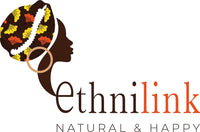

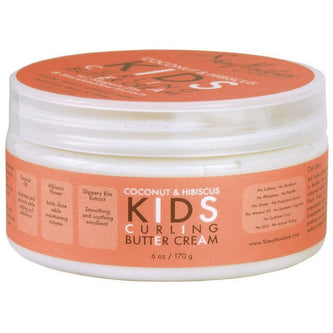
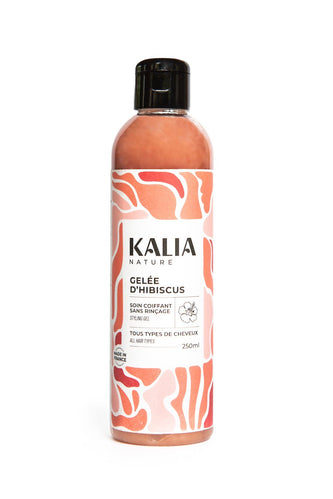
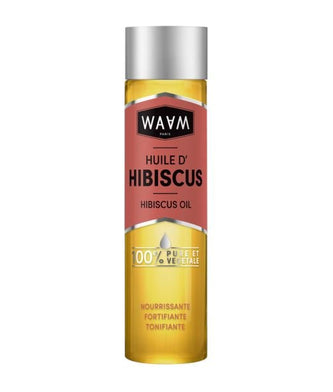
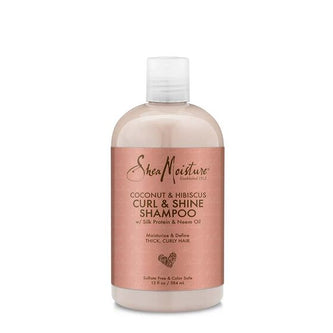
5 comments
Exelente informacion graciasYo tomo casi todos los dias te de hibisco y ahora lo viy a usar en la.piel
Use en mi rostro ibisco , es fabuloso , muy bueno!!!!
Hola; excelente información, gracias por su apoyo.
Mwen vrèman renmen en fòmasyon tout detay yo bay yo bon.
Je suis ravie de lire plein de choses. des bienfaits de cette superbe fleur
sur la peau. cuir chevelu, peau sèche etc.